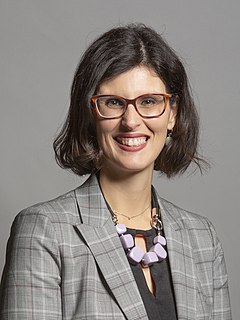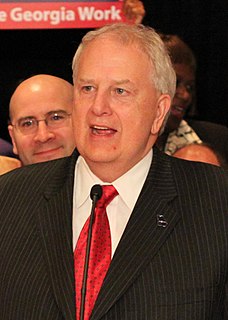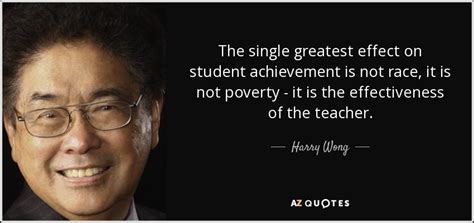A Quote by Layla Moran
As a former teacher, I know how frustrating it must be to watch students walk out of class, particularly if they have important exams on the horizon.
Related Quotes
As a former high school teacher and a student in a class of 60 urchins at St. Brigid's grammar school, I know that education is all about discipline and motivation. Disadvantaged students need extra attention, a stable school environment, and enough teacher creativity to stimulate their imaginations. Those things are not expensive.
I spend quite a bit of time thinking about my students. I look at them, at their work, I listen to what they tell me, and try to figure out who they might become in the best of all possible worlds. This is not easy. Students try to give you clues; sometimes they look at you as if imploring you to understand something about them that they don't yet have the means to articulate. How can one succeed at this? And how can one do it 20 times over for all the students in a class? It's impossible, of course. I know this, but I try anyway. It's tiring.
When I was a freshman at Yale, one teacher brought me up after class and said, 'You're trying to undermine my class.' And I thought to myself, 'Oh my God, I'm going to be kicked out of school on the first week.' Not only do I not have a sense of self, I don't even know what she's talking about. I don't even know how to undermine anything.
To teach effectively a teacher must develop a feeling for his subject; he cannot make his students sense its vitality if he does not sense it himself. He cannot share his enthusiasm when he has no enthusiasm to share. How he makes his point may be as important as the point he makes; he must personally feel it to be important.
My teacher in the seventh grade told me that if I didn't fool around during class, I could have 15 minutes at the end of the day to do a comedy routine. Instead of bugging everybody, I'd figure out my routine. And at the end of the day, I'd get to perform in front of my entire class. I thought it was really smart of her. It's amazing how important that was.


































